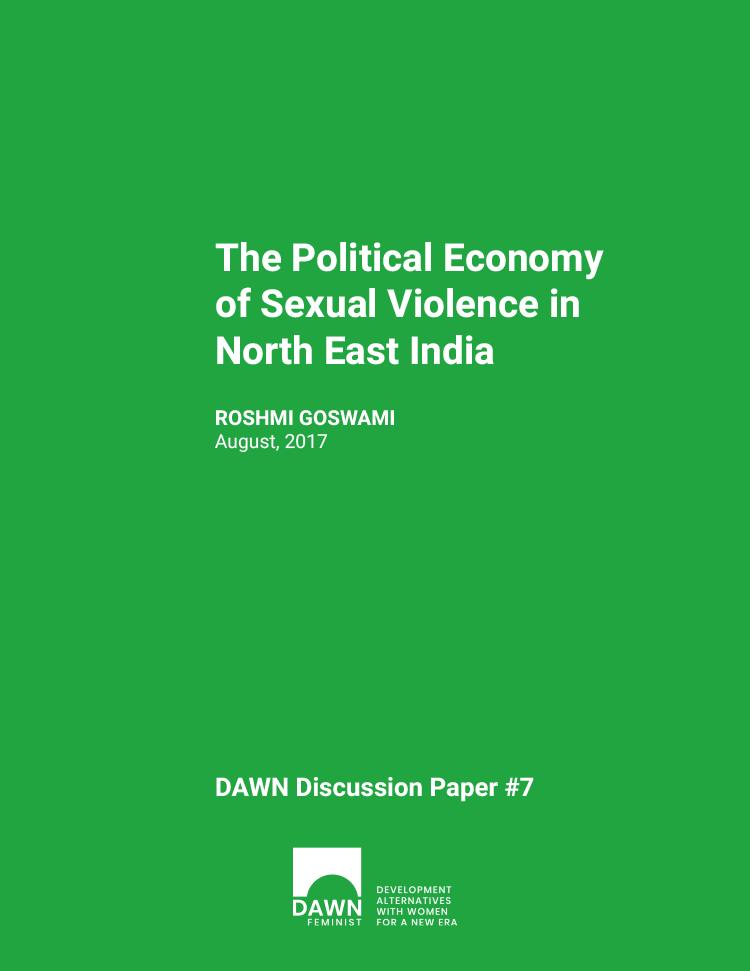The Colombian peace talks between Colombia’s government and the Revolutionary Armed Forces of Colombia (FARC) to end Latin America’s longest- running conflict generate tremendous interest and attention worldwide. Of particular interest for women peace activists and advocates has been the gender commission which was set up to ensure women’s voices are heard and their suffering during five decades of civil war recognized.1 The gender commission was tasked with setting up a special unit to investigate and collect evidence involving cases of sexual violence. Nearly half of Colombia’s 7.8 million war victims officially registered by the government are women. Sexual violence has been used as a weapon of war by all sides and women and children, particularly from Afro-Colombian and indigenous groups, have borne the brunt of the conflict. The lead government negotiator Humberto de la Calle’s acknowledgement that the conflict has been merciless on` women, and brought about “unimaginable horrors,” therefore sent out a strong message of intent and thereafter both sides pledged to improve access to land for women and ensure perpetrators of sexual violence, including rape, would not be eligible for amnesty. A strong statement was made that this was “not as a concession” but an act of justice.
Columbia’s landmark law on access to justice for victims (Law 1719), signed as part of the peace process aims at enhancing the status of sexual violence survivors so that they can receive reparations, psychosocial support and free medical care, and it explicitly recognizes that sexual violence can constitute a crime against humanity and that there can be no statute of limitations for such crimes.
Furthermore, it includes offences that were previously omitted from the Penal Code, such as enforced sterilization, forced pregnancy and forced nudity, and adds specific reference to aggravating circumstances, for example when sexual violence is committed as a form of retaliation against or intimidation of human rights defenders.2 Indeed the Columbian process3 has set the bar high for negotiations around sexual violence ensuring dignity4 and more importantly brings in issues which capture the ground realities of women’s lives and are prioritized by women emerging from conflict.5
The conflicts in Asia on the other hand have attracted less media attention and peace negotiations do not reflect a high standard for issues concerning women. In addition, the conflicts are also very complex involving different stakeholders with varying social dynamics. A fairly recent study6 shows that the South and South East Asia regions have some of the world’s longest armed struggles last- ing multiple generations and averaging at around 45 years per struggle and that the armed struggles are mostly sub national conflicts or armed conflicts over control of a sub national territory within a sovereign state. These long enduring conflicts have been extremely devastating, compromising security and justice and steadily corroding the lives and social fabric of the communities living in the affected areas. But despite being endemic in Asia sub national conflicts have drawn little attention so far internationally or otherwise. Within the national context, these conflicts are invariably situated in remote regions of the State which are peripheral both in terms of location as well as in power sharing. Primarily peopled by communities often referred to as ‘minority’ their contributions both to national politics as well as the national economy are invariably perceived to be insignificant.
1 The peace talks held in Havana, included participation of a group of 60 survivors that addressed the negotiations plus leaders of women’s rights and sexual diversity organizations. As a result of both exercises, conflict-related sexual violence has been raised at the negotiations by both survivors and stakeholders; this is an innovation that not been seen in any prior peace process.
2 According to the Office of the Ombudsman, there have been cases of targeted sexual assault against women’s rights de- fenders who raise their voices in support of land restitution.
3 However according to the Institute for Development & Peace there has been a backlash by the shadowy right wing par- amilitary groups who oppose the peace deal with FARC and have killed 117 activists who support the peace deal in 2016.
4 In August 2014, Decree 1480 was adopted, establishing 25 May as the National Day for the Dignity of Women Victims of Sexual Violence caused by the Internal Armed Conflict, as a measure of collective reparations.
5 Based on reports by Anastasia Moloney, edited by Ros Russell and by Katie Nguyen: the Thomson Reuters Foundation
6 Parks, Thomas; Colletta, Nat; Oppenheim, Ben : The Contested Corners of Asia – Subnational Conflict and International Development Assistance – The Asia Foundation 2013

